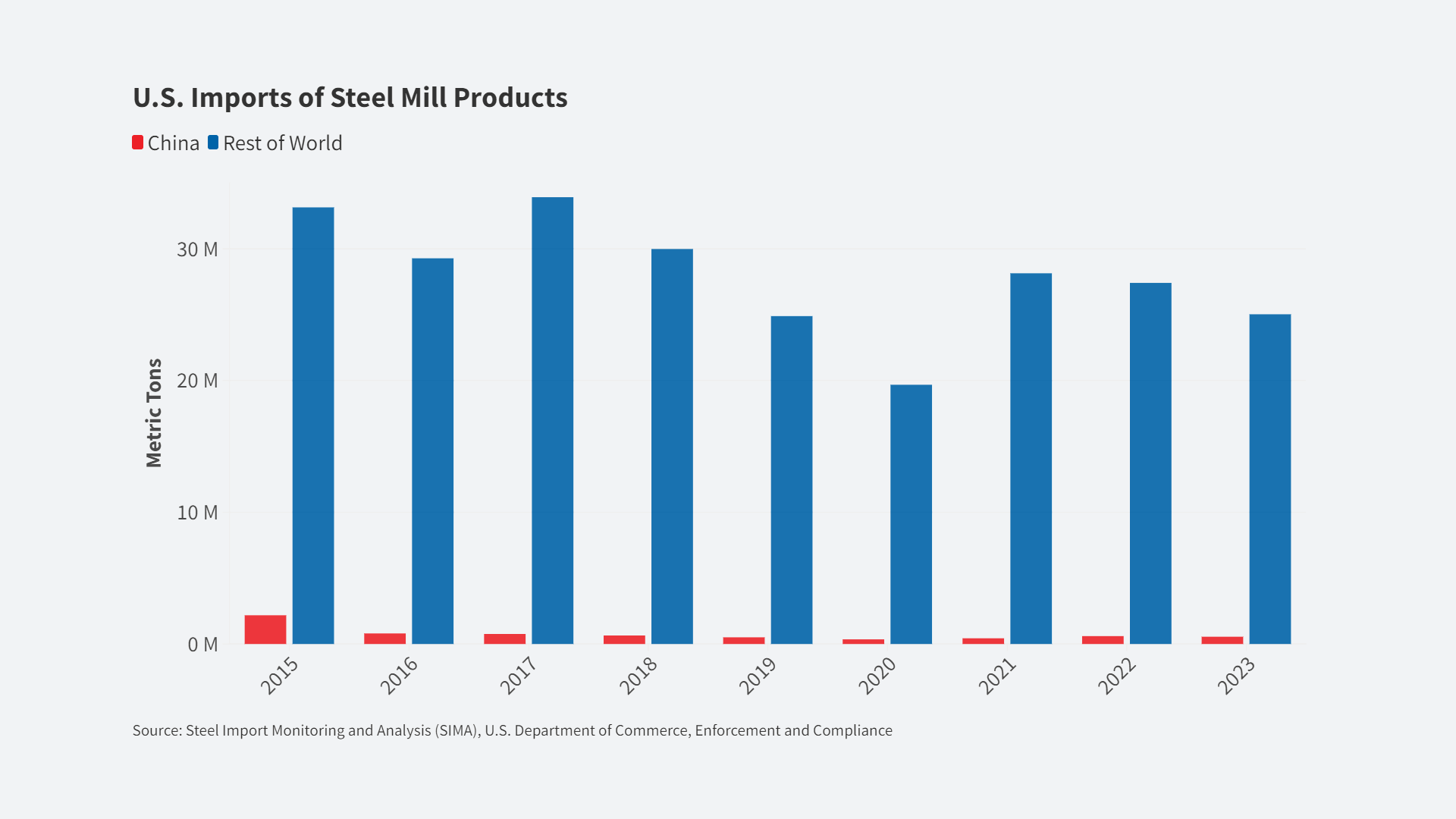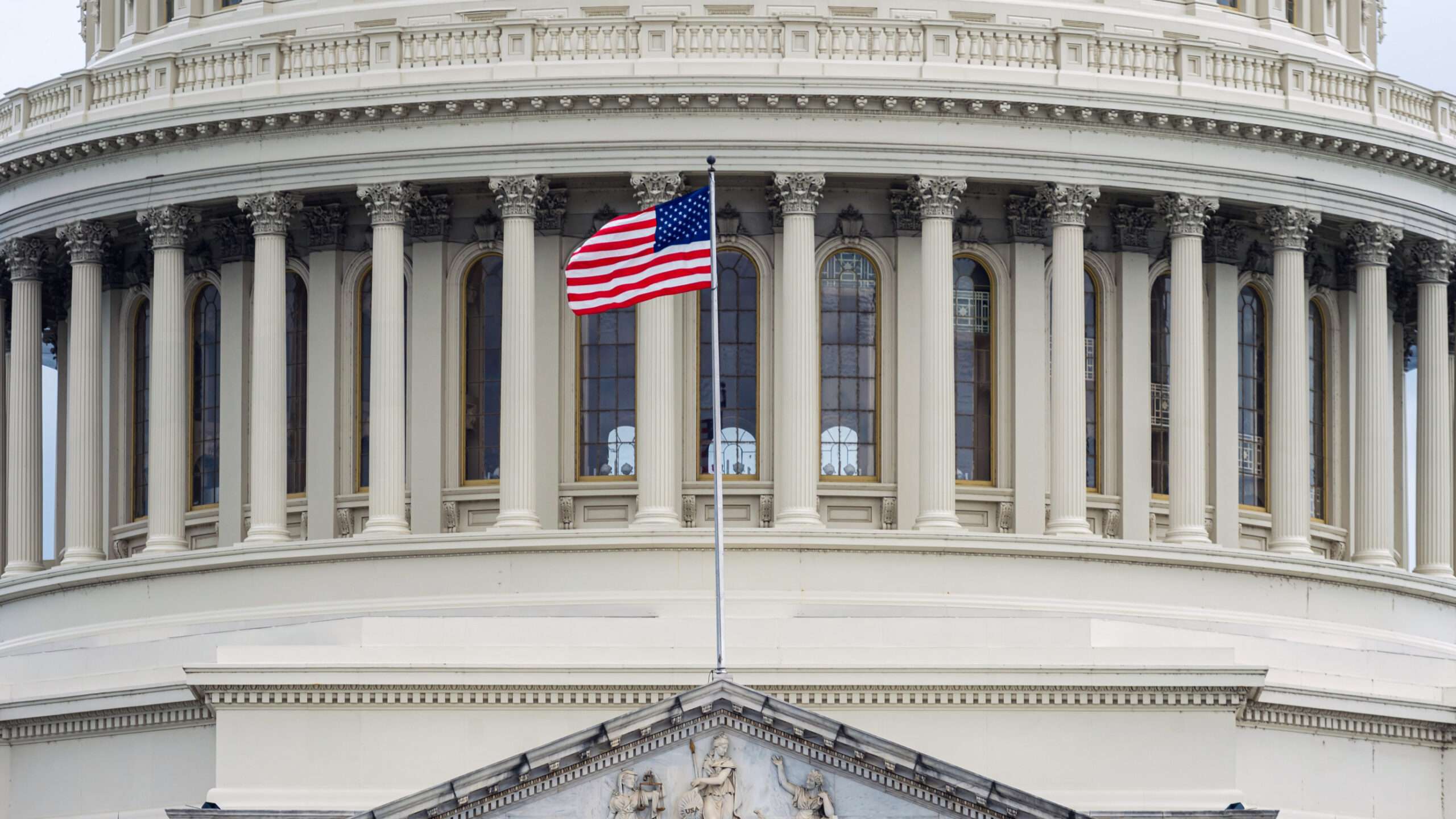France made some big news recently in the world of global taxation. It enacted a tax targeting large U.S. tech companies – including Facebook, Amazon, Google and Apple – that are earning massive global profits. For years these multinational enterprises have avoided paying corporate taxes in the U.S., thanks to shell operations in tax havens like the Bahamas and the Cayman Islands. But France is tired of seeing these companies get away with large-scale tax avoidance. And so the French government has started imposing a digital tax on them. It’s estimated the new tax could bring in over $500 million annually for the French treasury.
[David Morse | October 24, 2019 | The Hill]
It’s not just France, however. More than 20 European countries are poised to impose digital taxes on large U.S. tech companies. It’s their specific response to the pervasive tax avoidance practiced by large American multinationals.
The irony is that the U.S. government continues to be a big loser when it comes to corporate tax avoidance. In 2017, U.S. multinationals held an estimated $2.6 trillion of profits in their foreign subsidiaries on which they paid no U.S. taxes. And only a portion of that money has actually returned to the U.S. through repatriation established by the Tax Cut and Jobs Act of 2017. Each year, this profit shifting allows foreign and American multinationals to avoid paying roughly $80 billion in U.S. corporate taxes.
Because corporate tax avoidance has become a major headache for western governments, the Organization for Economic Cooperation and Development (OECD) has now waded into the issue. Unfortunately, it appears that the OECD’s response is merely a compromise system that will still allow for some corporate tax avoidance.
It’s time to fully tax the profits that all multinational companies earn from their U.S. sales. And so, rather than simply follow France’s digital tax, Congress should adopt a more effective system. It should emulate the tax approach utilized by various states in the U.S., something known as Sales Factor Apportionment (SFA). Doing so could establish American leadership on the issue while also helping domestic American companies.
An SFA system assesses corporate tax liability based on profits earned from U.S. sales. Essentially, all companies selling a product or service in the U.S. market would be required to pay taxes on the profits earned from those sales — no matter where they might be domiciled. And so, it wouldn’t matter where a company is chartered. They would simply face a corporate tax on any U.S. profits.
Domestic American companies are already taxed in exactly this manner. And so, an SFA system would merely require that multinational companies finally play by the same rules. This is a logical approach to taxing multinational entities, and it would finally and adequately assess the huge profits that multinationals earn from easy access to America’s consumers.
Europe could learn from this, too. Research by the Coalition for a Prosperous America (CPA) has found that, if France adopted an SFA system, it could double the tax revenues it is now attempting to collect from large tech companies. And that would certainly be fairer than arbitrarily targeting only American companies.
Multinational enterprises have mixed opinions on how much of their profit should fall under an apportioned system. But Washington can establish global leadership by rewriting a biased and ineffective tax system rather than let it continue to allow unfair, large-scale corporate tax avoidance. A U.S. system of sales factor apportionment would bring in increased corporate tax revenues and set a helpful precedent for other developed nations looking to solve a similar challenge.
David Morse is the tax policy director at the Coalition for a Prosperous America Education Fund. Follow him on Twitter @CentristinIdaho.
Read the original article here.













